13 GPTs for Puzzle Design Powered by AI for Free of 2025
AI GPTs for Puzzle Design are advanced tools that leverage Generative Pre-trained Transformers (GPTs) technology to assist in the creation, analysis, and refinement of puzzles. These tools are engineered to understand and generate content related to puzzle design, providing custom solutions for a range of applications from recreational puzzles to complex problem-solving tasks. The integration of GPTs in puzzle design underscores the role of artificial intelligence in enhancing creativity and efficiency, offering tailored support that adapts to the needs of the task at hand.
Top 10 GPTs for Puzzle Design are: Escape Room Architect,Vertical Maze Creator - Child-Friendly,Maze Maker,Maze Master,Escape Room Creator,Dungeon Lore GPT,DaedalusAI,Design Puzzles for 🏁 Chatbase Interactive Game 🔧,Kimos Corner Generator,Alternate Reality Game Designer
Escape Room Architect
Craft immersive escape rooms with AI
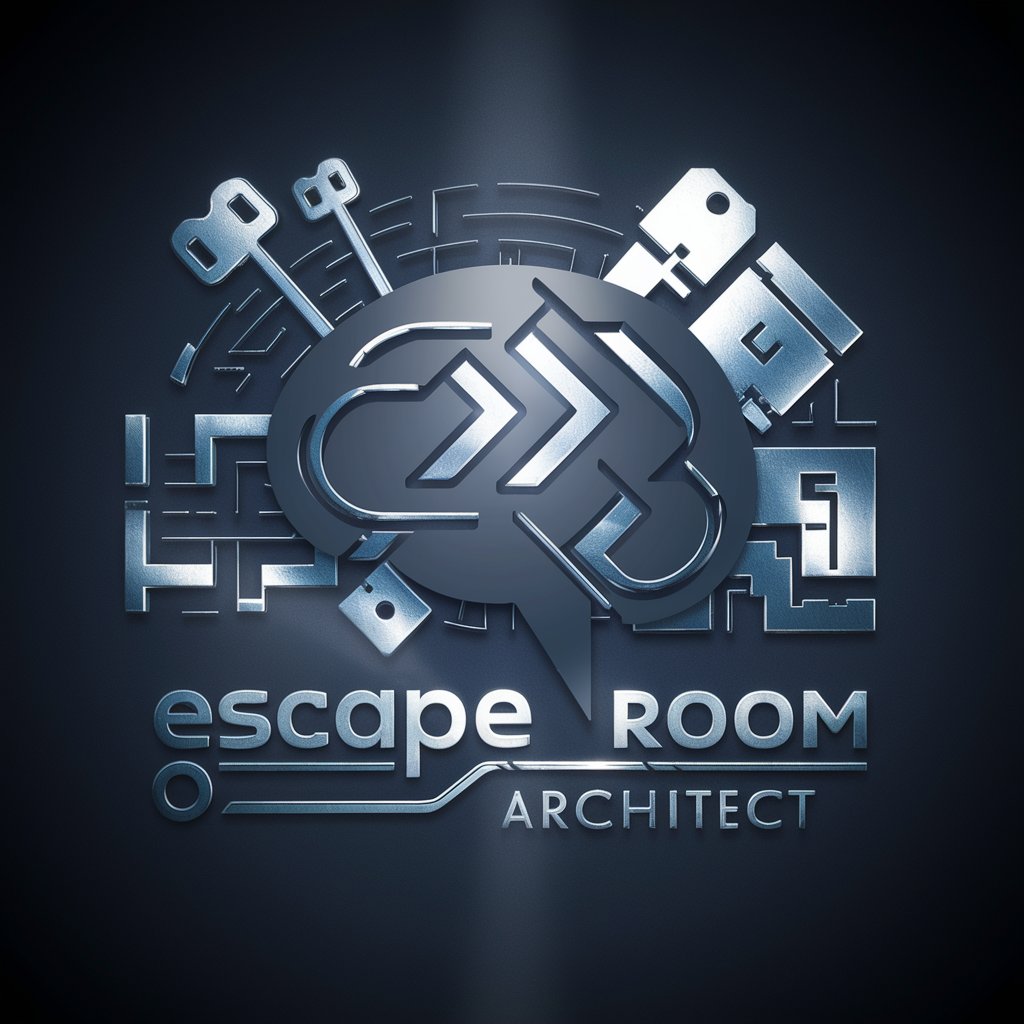
Vertical Maze Creator - Child-Friendly
Craft Your Adventure with AI
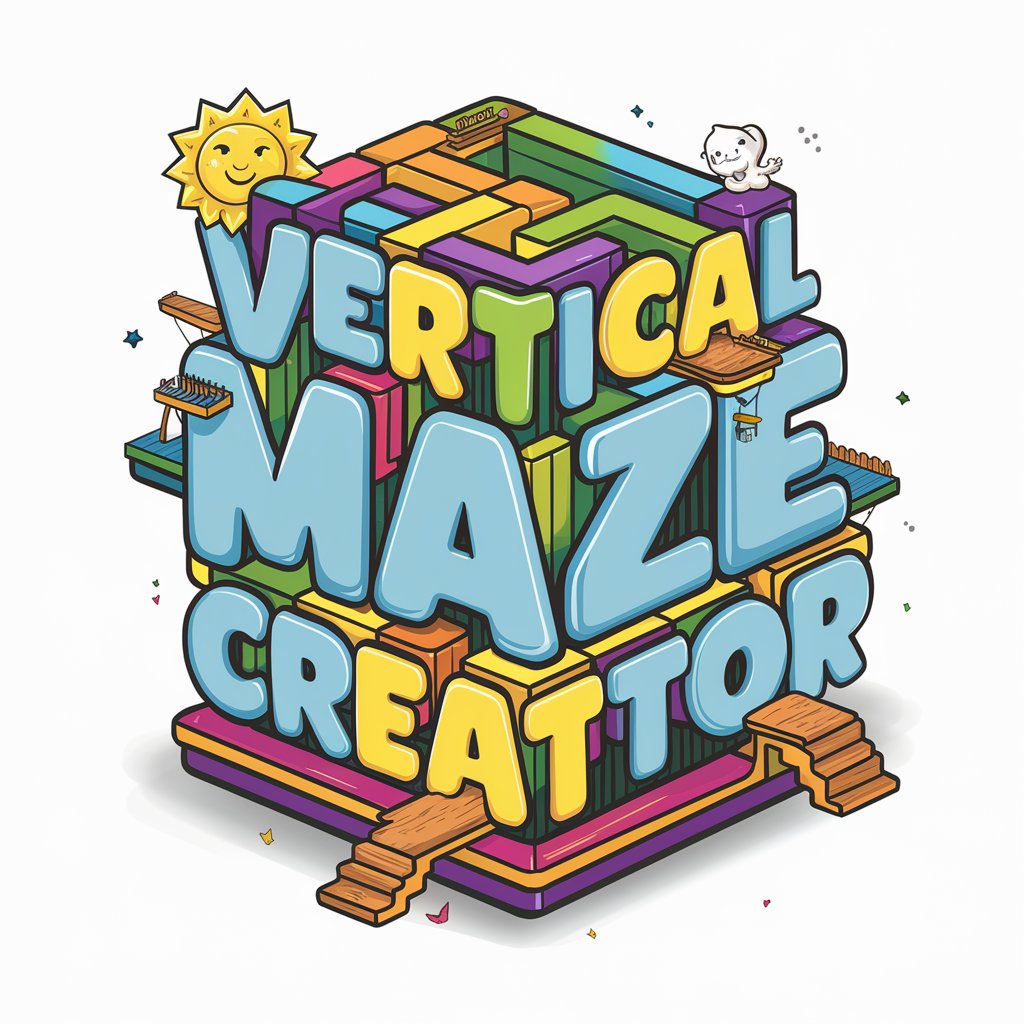
Maze Maker
Crafting Puzzles, Fostering Minds
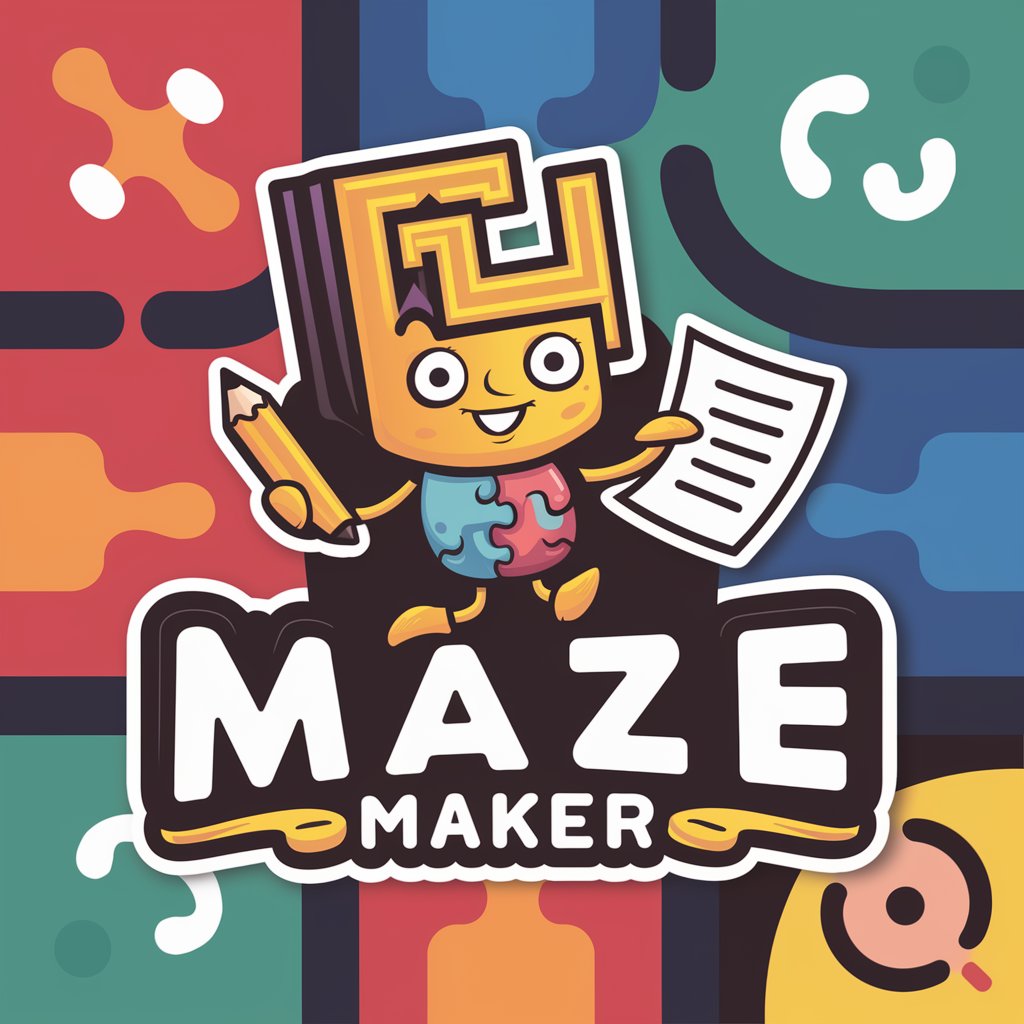
Maze Master
Crafting Paths, Unleashing Creativity
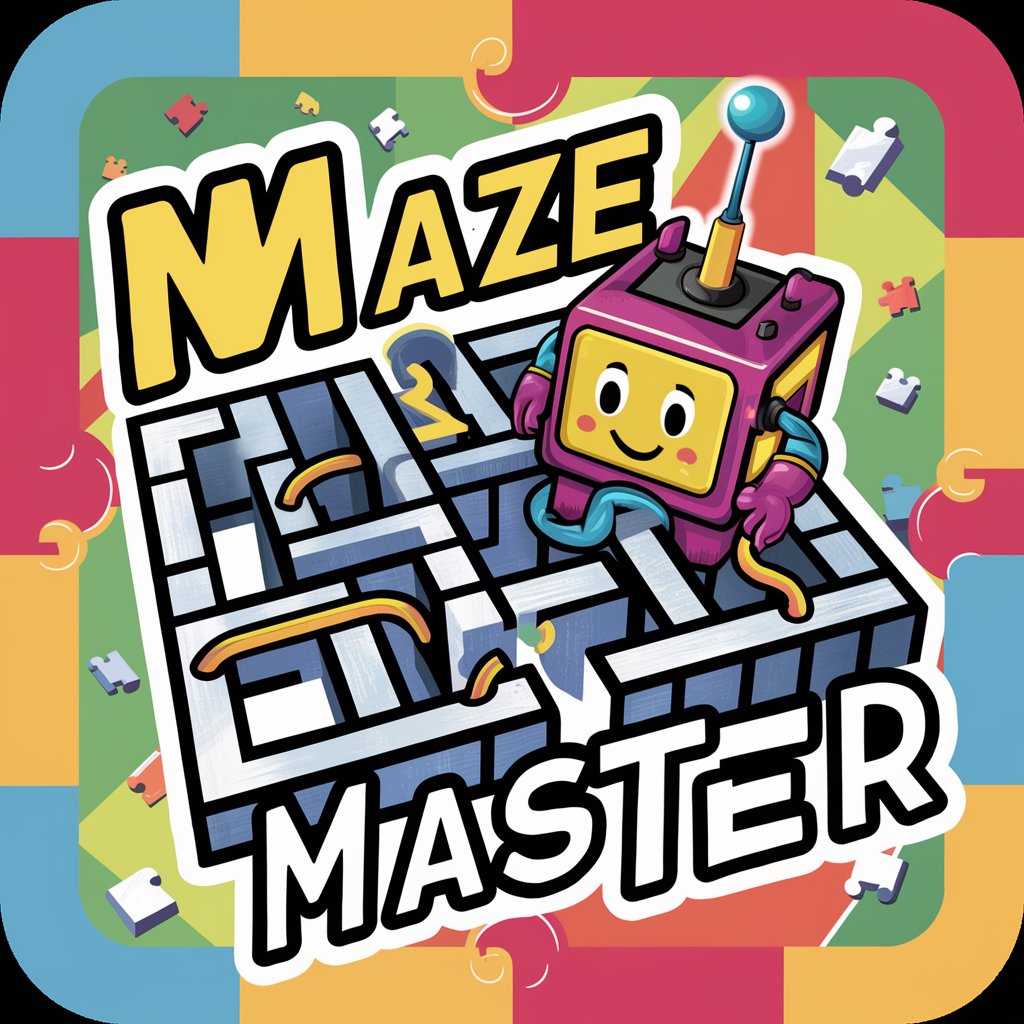
Escape Room Creator
Craft Immersive Experiences with AI
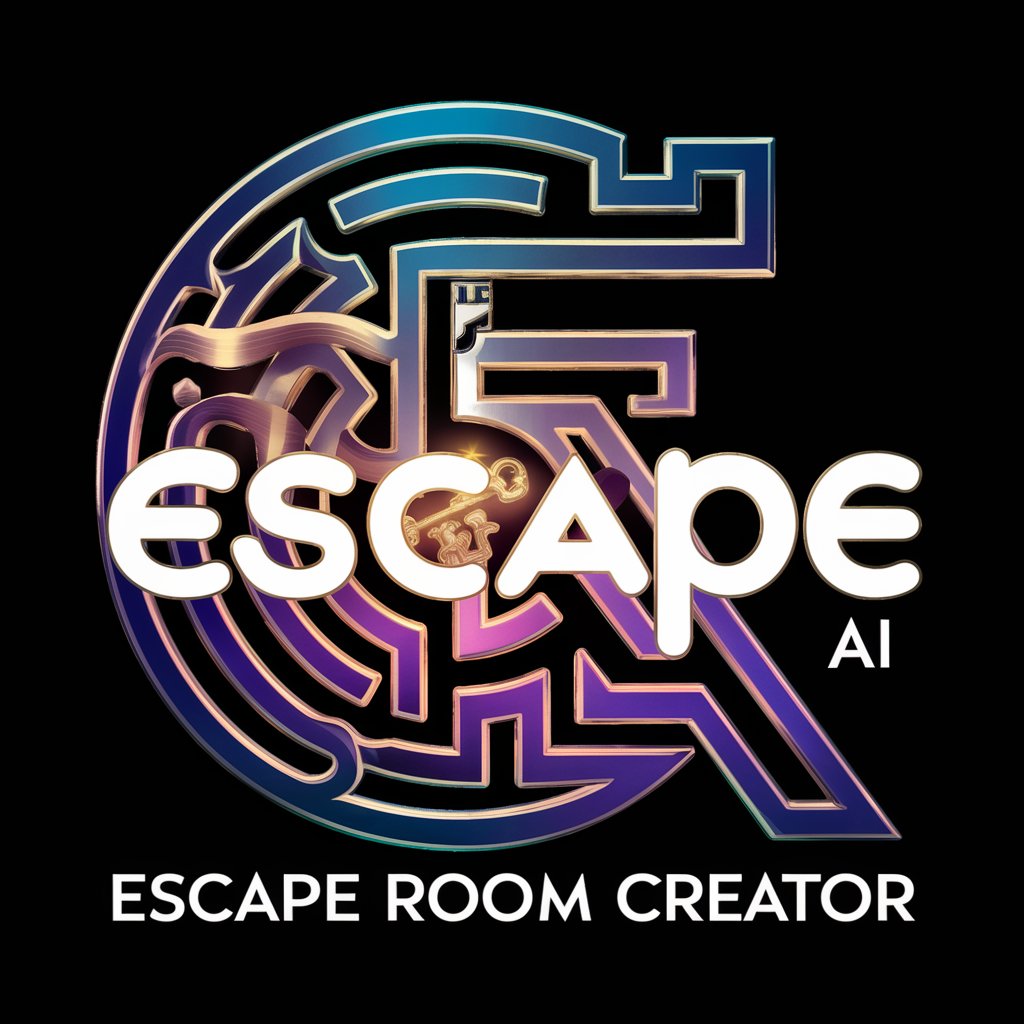
Dungeon Lore GPT
Craft Your Epic, AI-Powered D&D Saga

DaedalusAI
Crafting Complex Mazes, Powered by AI
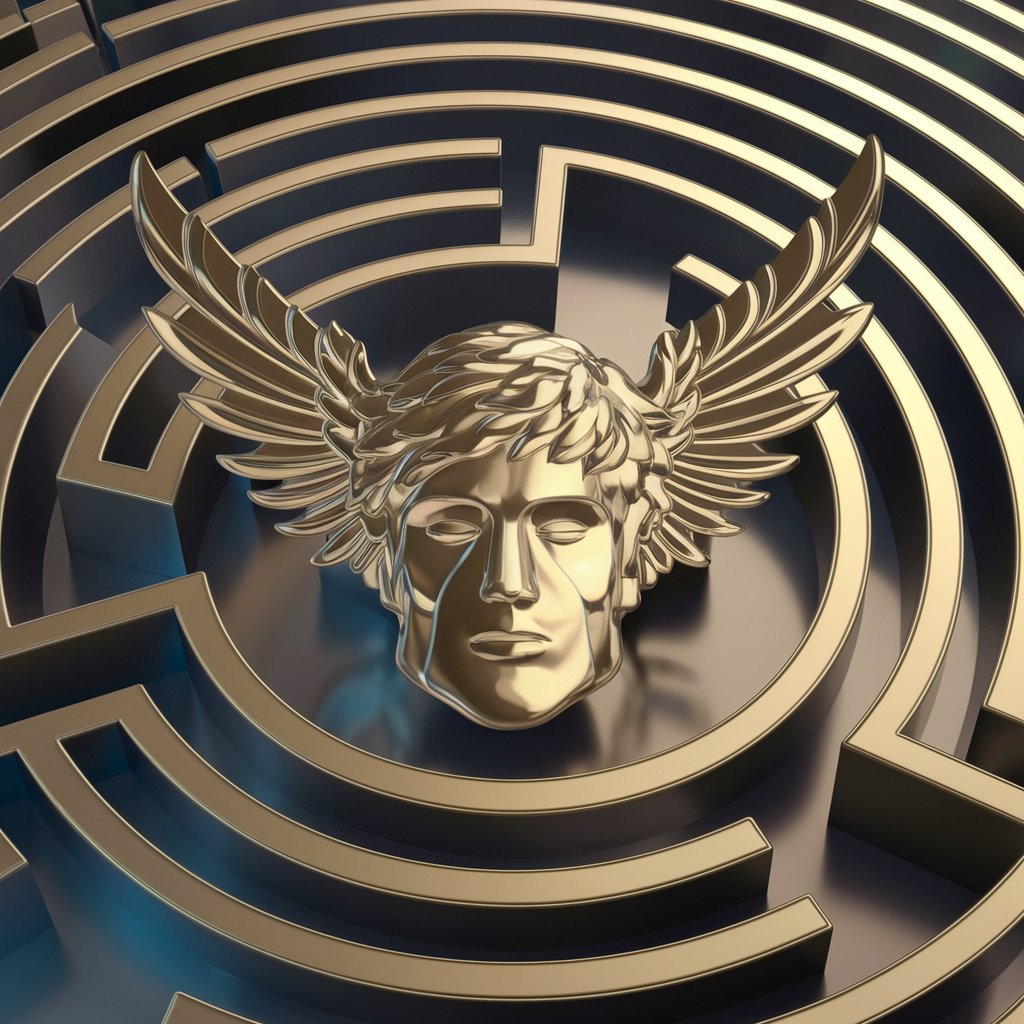
Design Puzzles for 🏁 Chatbase Interactive Game 🔧
Craft Engaging Puzzles with AI
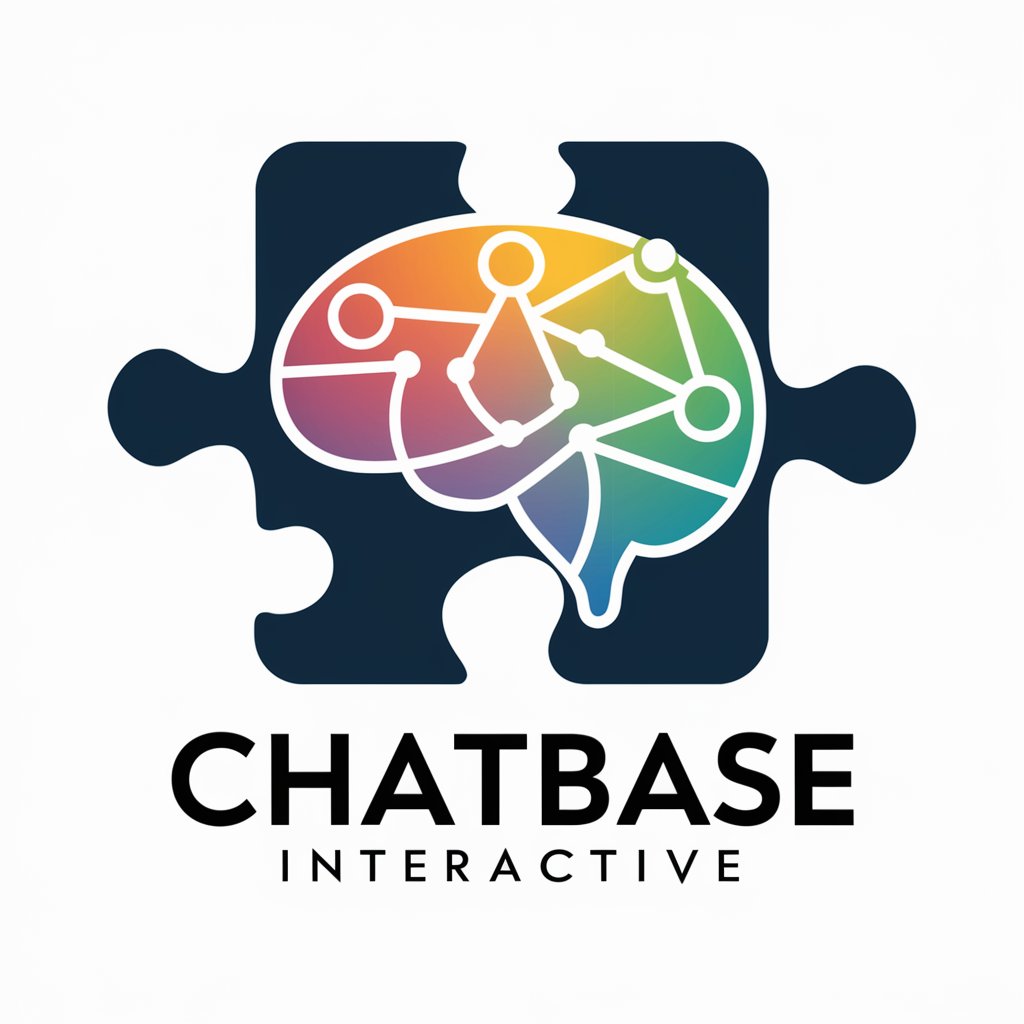
Kimos Corner Generator
Reviving Columns with AI Creativity
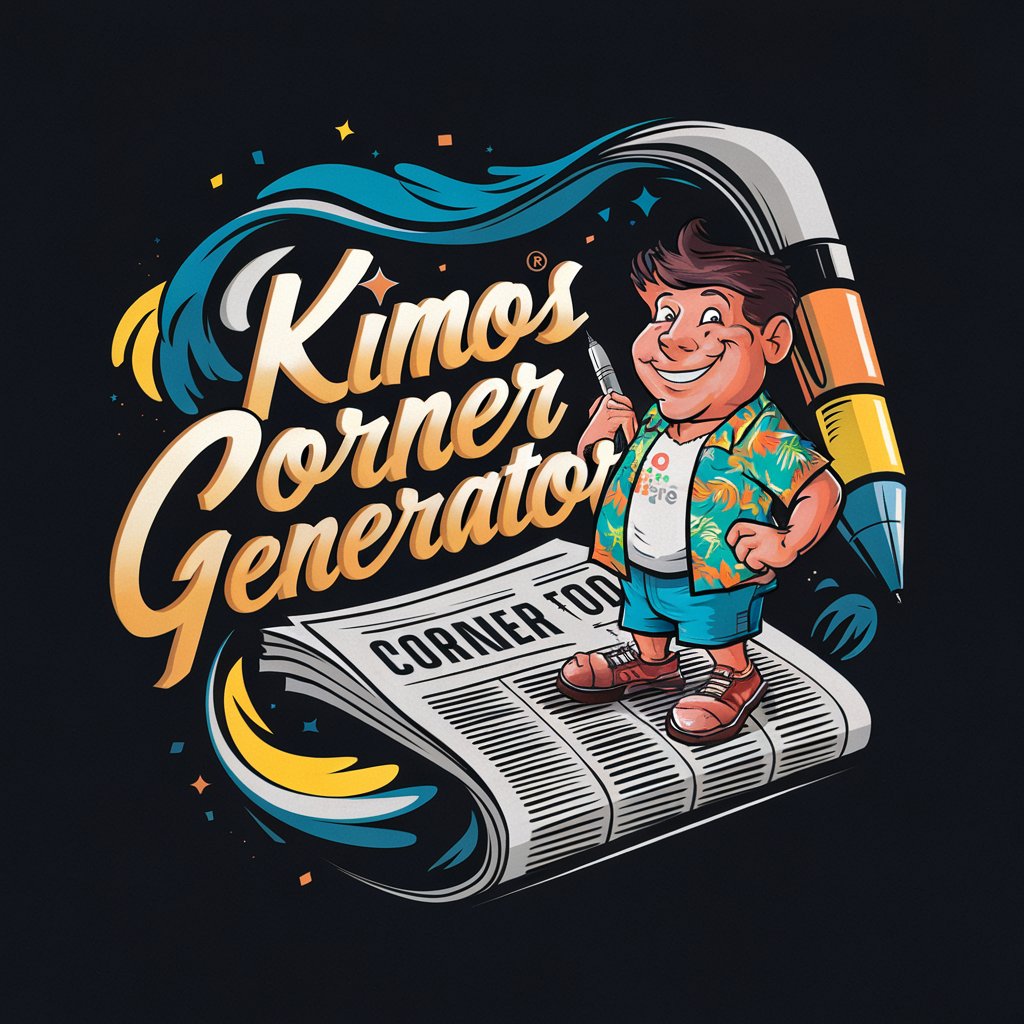
Alternate Reality Game Designer
Craft Immersive Real-World Adventures
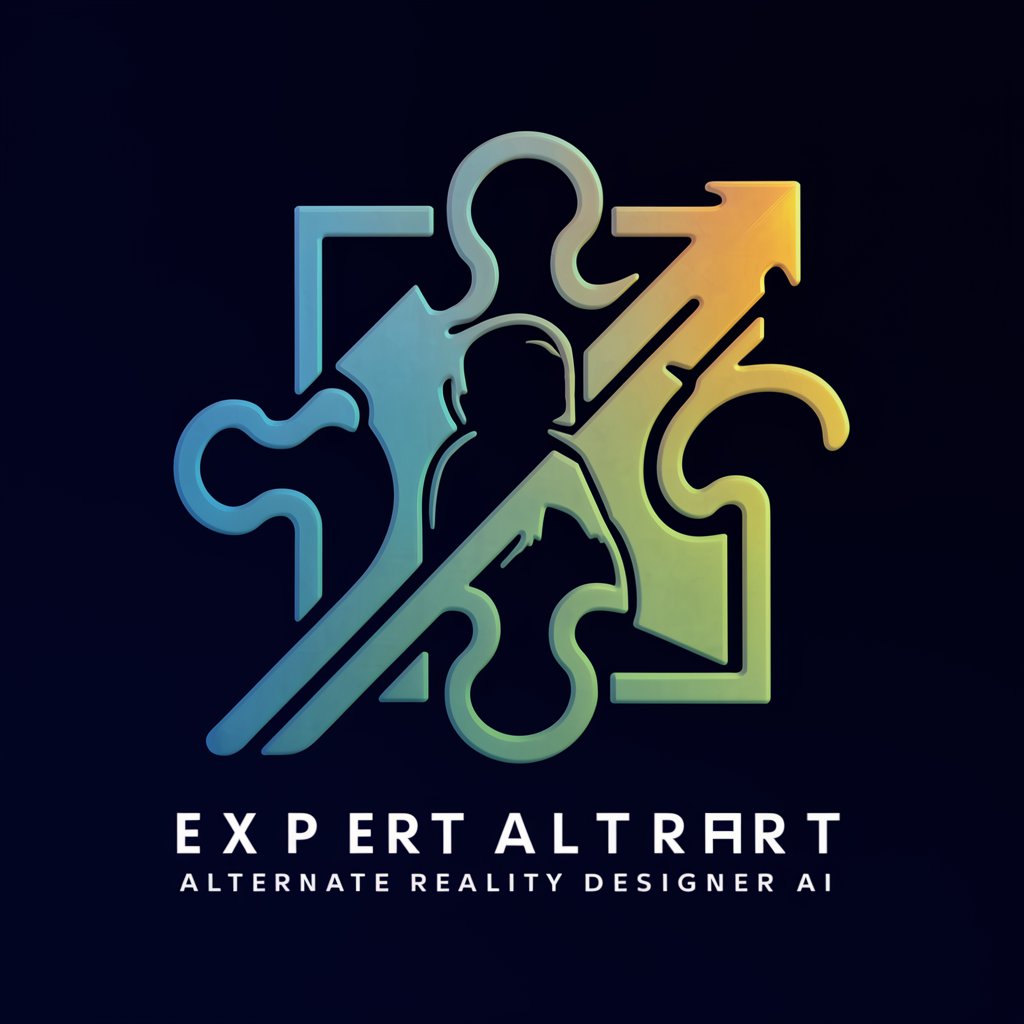
DungeonMasterGPT 🗡️
Elevate Your Game with AI
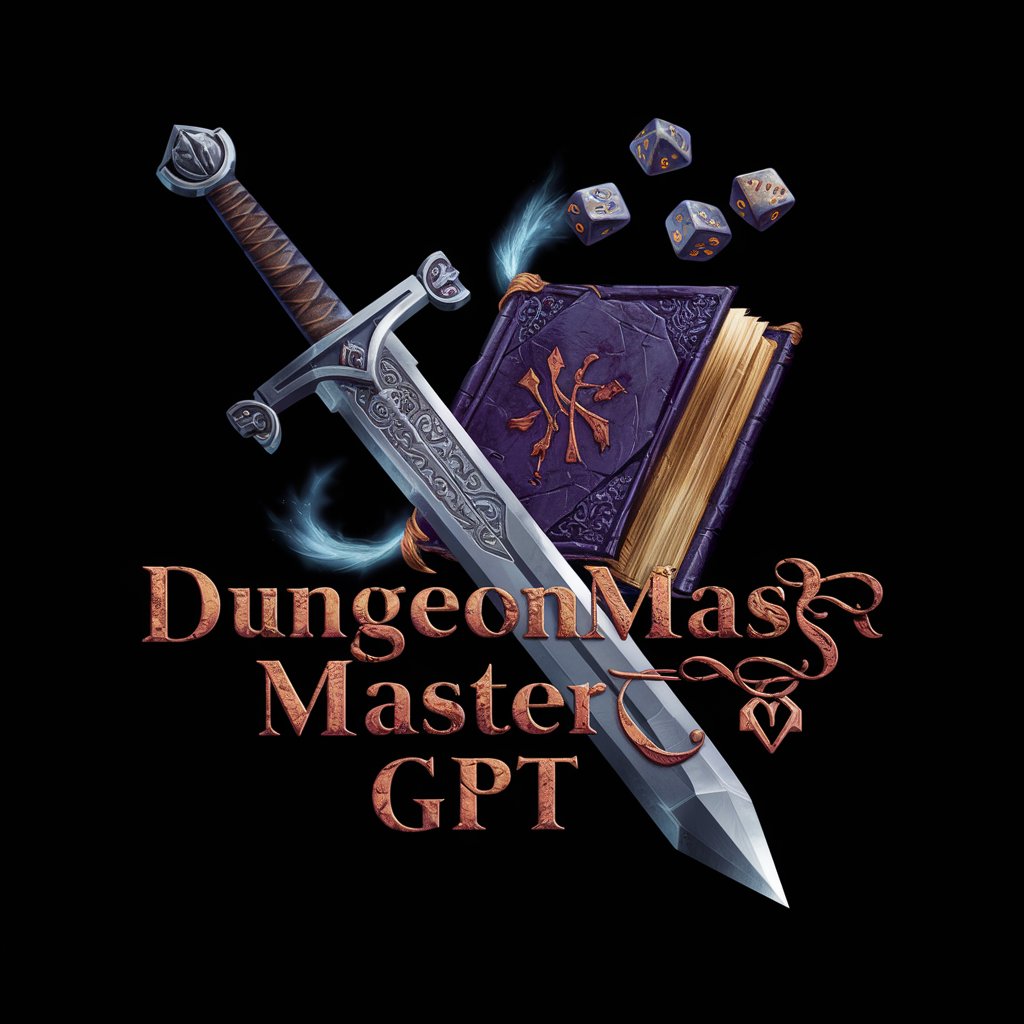
Word Wizard
Craft Puzzles, Engage Minds
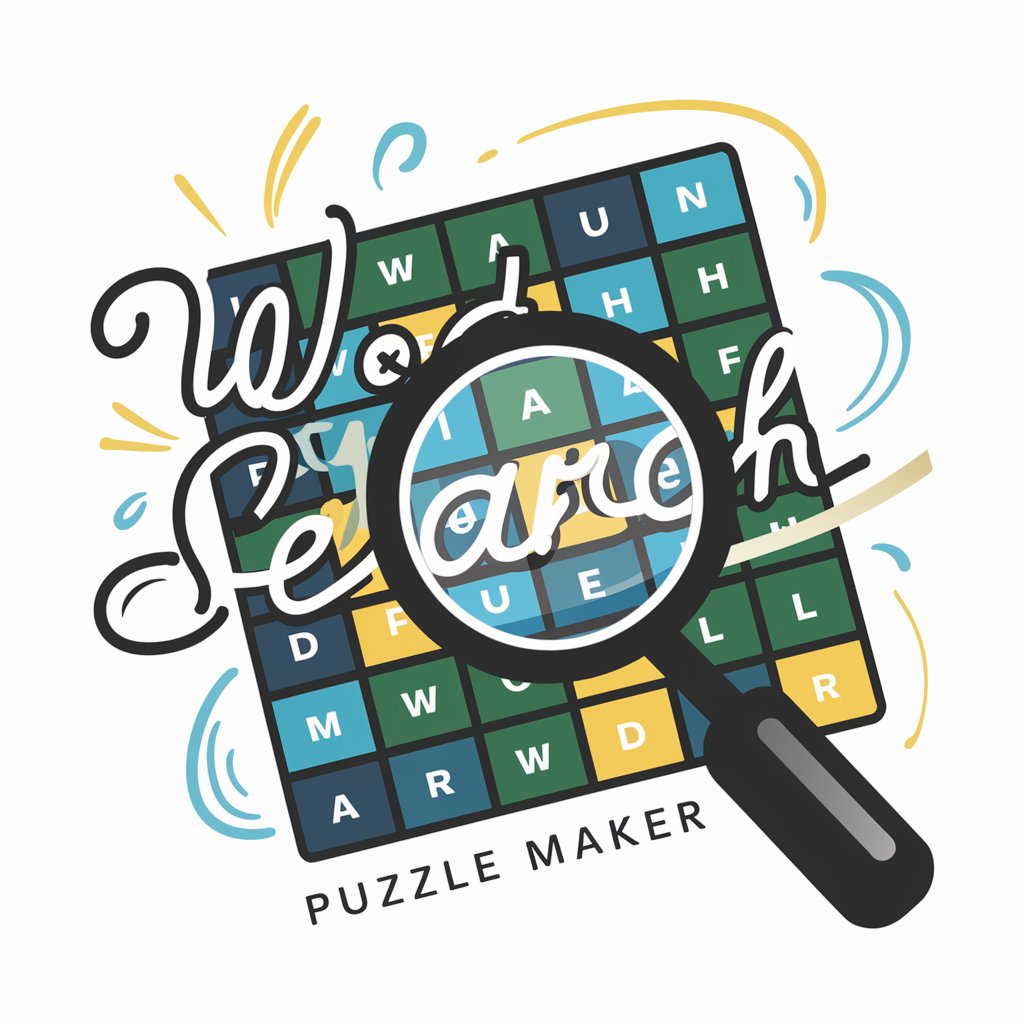
AK脱出ブラウザゲーム・メイカー
Craft engaging escape games powered by AI
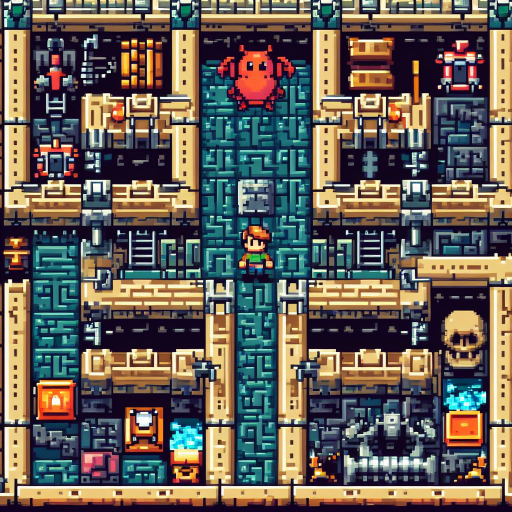
Key Attributes and Capabilities
AI GPTs for Puzzle Design stand out for their adaptability and multifunctionality. These tools can generate a wide array of puzzles, from crosswords and riddles to more complex logic and escape room puzzles. Special features include natural language understanding for generating clues, technical support for puzzle validation, web searching for context-specific puzzle themes, image creation for visual puzzles, and data analysis for gauging puzzle difficulty. Their ability to learn from interactions and feedback further refines their output, ensuring puzzles are both challenging and engaging.
Who Benefits from Puzzle Design GPTs
These AI tools cater to a broad audience, including puzzle enthusiasts, game developers, educational professionals, and researchers in cognitive science. They offer an accessible platform for novices without programming skills, while also providing advanced customization options for developers and professionals. This flexibility makes GPTs for Puzzle Design an invaluable resource for anyone looking to create, analyze, or innovate in the field of puzzles.
Try Our other AI GPTs tools for Free
Manuscript Deciphering
Discover the power of AI GPTs for Manuscript Deciphering: unlocking historical texts with advanced AI, making ancient knowledge accessible to all.
Chainsaw Maintenance
Discover how AI GPT tools are transforming chainsaw maintenance with tailored advice, troubleshooting, and predictive maintenance insights, accessible to both novices and professionals.
Replacement Guide
Discover how AI GPTs for Replacement Guide can transform your approach to finding replacements with tailored, intelligent solutions. Ideal for novices and professionals alike.
Safety Equipment
Discover how AI GPTs for Safety Equipment revolutionize safety management with tailored solutions, enhancing compliance, and risk mitigation.
Product Imagery
Explore AI-powered GPT tools for creating stunning product imagery, designed to enhance e-commerce and marketing visuals with ease and efficiency.
Design Trends
Discover AI GPT tools tailored for Design Trends, offering trend analysis, creative inspiration, and technical support to keep you at the forefront of design innovation.
Further Exploration into GPTs for Puzzle Design
Beyond their direct applications in puzzle creation, these GPTs offer insights into artificial intelligence’s role in creativity and problem-solving. Their user-friendly interfaces democratize access to sophisticated puzzle design, while their integration capabilities highlight the potential for AI to complement and enhance existing educational and entertainment platforms.
Frequently Asked Questions
What exactly are AI GPTs for Puzzle Design?
They are specialized AI tools that use GPT technology to assist in creating and refining puzzles, tailored to the specific needs of the puzzle design community.
Can I use these tools without any coding knowledge?
Yes, these tools are designed to be user-friendly and accessible to individuals without any coding skills, with intuitive interfaces that guide the puzzle creation process.
What types of puzzles can I create with these tools?
You can create a variety of puzzles, including crosswords, riddles, logic puzzles, escape room challenges, and more, all tailored to your specifications.
How do these tools adapt to different complexity levels?
The tools use AI to learn from user feedback and interactions, allowing them to adjust the complexity and challenge of puzzles based on the designer’s needs and the audience’s skill level.
Are there any special features that distinguish these tools?
Yes, features include natural language processing for clue generation, technical support for puzzle validation, web search capabilities for theme research, and image creation for visual puzzles.
Can these tools help in analyzing puzzle difficulty?
Absolutely, they incorporate data analysis capabilities to evaluate puzzle difficulty, ensuring puzzles are appropriately challenging for their intended audience.
Is it possible to integrate these GPTs with other software or platforms?
Yes, many of these tools offer APIs and integration options that allow them to be seamlessly incorporated into existing systems or workflows.
How do these tools contribute to the field of education and cognitive development?
By providing customizable puzzles, these tools can support cognitive development, problem-solving skills, and educational objectives, making learning both engaging and effective.